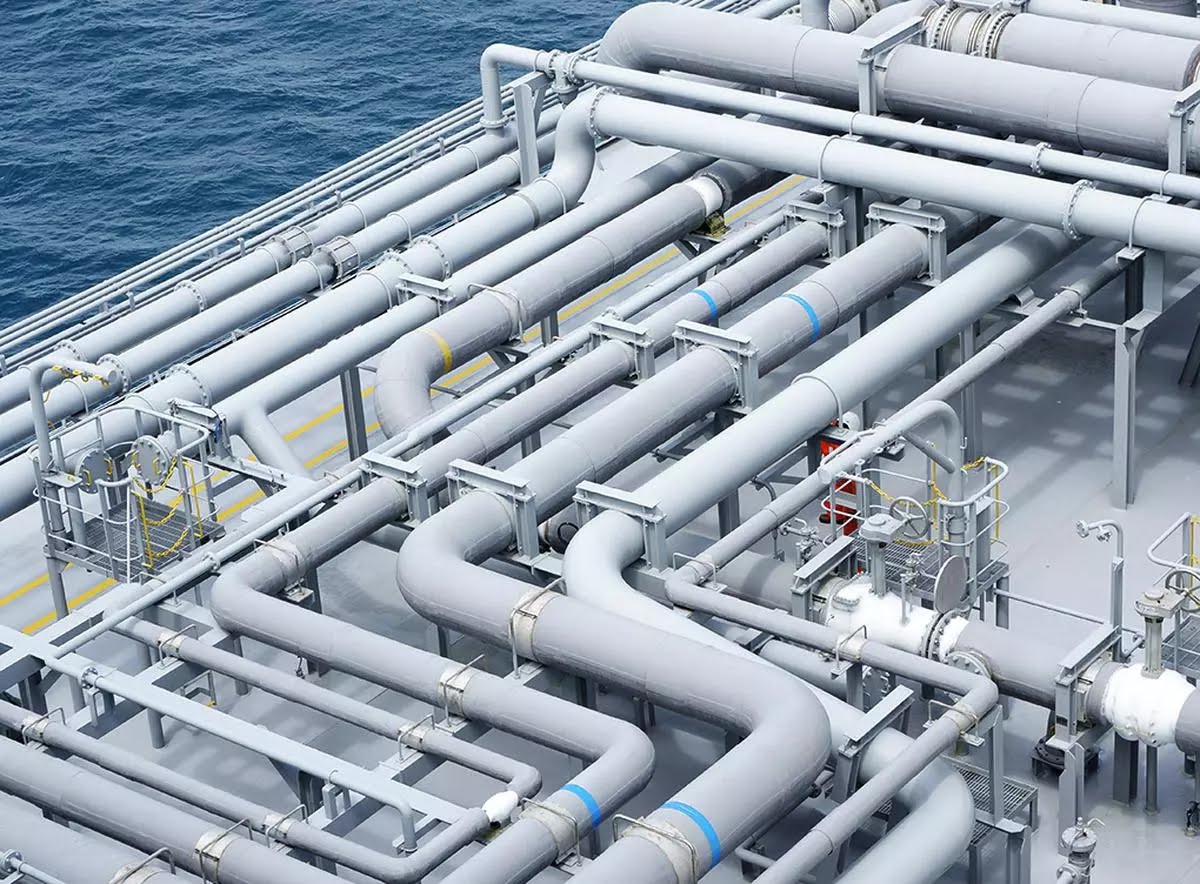On August 14, 2024, in Malabo, Nigeria’s President Bola Tinubu and Equatorial Guinea’s President Teodoro Mbasogo signed an agreement on the Gulf of Guinea Pipeline Project, strengthening their partnership for shared development.
The agreement is seen as part of South-South cooperation that will further boost the rich gas region, with total proven gas reserves in the Gulf of Guinea estimated at about 300 trillion cubic feet (tcf).
Currently, six countries in the region, namely, Nigeria, Cote d’Ivoire, Angola, Gabon, the Republic of the Congo, and Senegal, market natural gas, with Nigeria, Angola, and Equatorial Guinea making efforts toward attracting new investments in the sub-sector.
Nigeria and Equatorial Guinea started the process in 2022 as part of Nigeria’sDecades of Gas’ initiatives.
Nigeria is blessed with huge gas resources, a significant amount of which is offshore and will require investment in infrastructure to bring them to market.
The collaboration between Nigeria and Equatorial Guinea is expected to allow much of that stranded gas to access the global gas market, as the latter brings a major portfolio of world-class gas processing and liquefaction infrastructure already in place in Punta Europa, coupled with investment funds for development.
The agreement signed on Wednesday covered legislative and regulatory measures for the gas pipeline, establishment and operation, transit of natural gas, ownership of the gas pipeline, and general principles, the statement noted.
In his remarks at the event, President Tinubu, who is on a three-day official visit to Equatorial Guinea, said the signing of the agreement will open up new opportunities for gas exploration and employment.
The President stated that the two leaders discussed issues relating to the creation of employment, food security, multilateral relations, and conflict resolution mechanisms on the continent during a private meeting that preceded the signing of the agreement.
“Concerning Africa, conflicts and conflict resolution were discussed. We discussed various areas of conflict and what we can do to promote peace.
“We talked about the promotion of peace and stability in our countries and growth and prosperity on our continent.
In the same way that Europe and America have kept themselves and found a solution for their conflicts, we have to look at both inadequate capital, industrialization efforts, and research and development programs to enlighten our people and navigate our way through problems.
“Instead of the crises and conflicts that we see in the Republic of Congo and others, we have to look inward to solve problems ourselves,’’ the president said.
President Tinubu said the discussion with the President of Equatorial Guinea also covered challenges of security, the African Continental Free Trade Area (ACFTA), and food security.
“We are all going for it. Within Africa and the African Union, we have resolved that we will work together to make sure that the solution to many of our problems in Africa comes from within,’’ the President concluded.
In his remarks, the President of Equatorial Guinea said bilateral relations with Nigeria over many years have been rewarding and emphasized the need to deepen cooperation across salient areas.
Mbasogo emphasized that Africa’s goal of securing a permanent seat on the United Nations Security Council is crucial for the continent’s development and affirmed Equatorial Guinea’s commitment to collaborating with Nigeria to achieve this objective.

